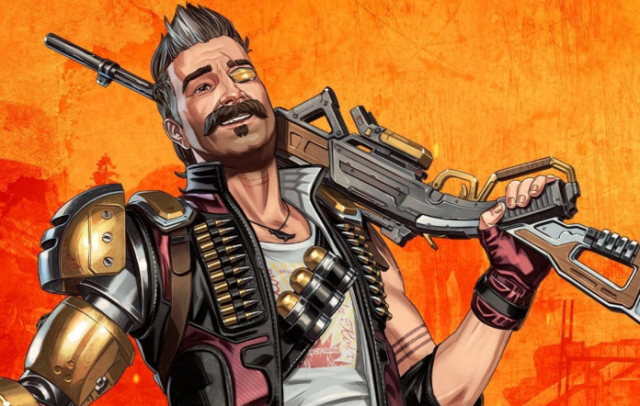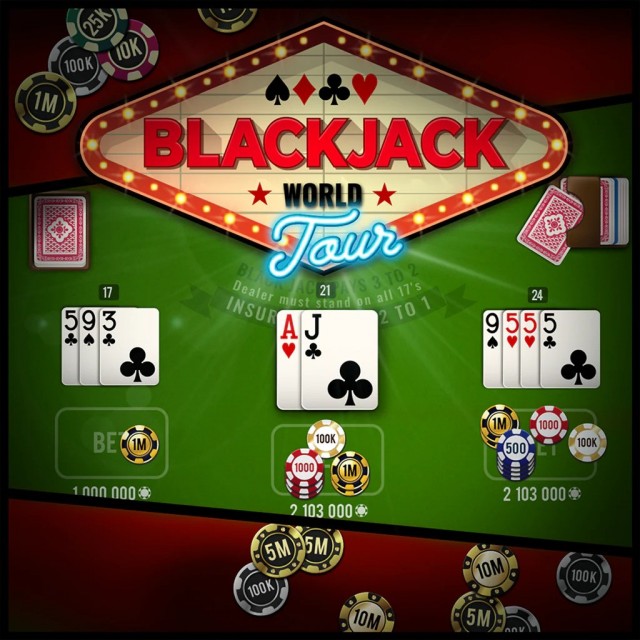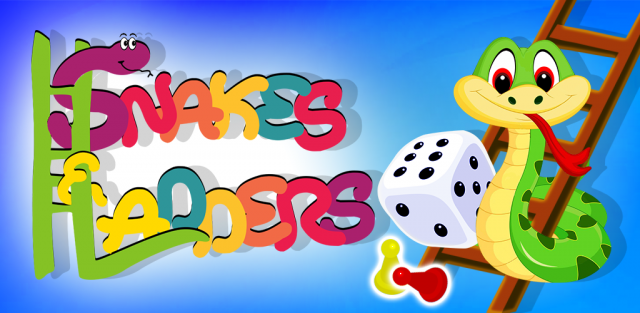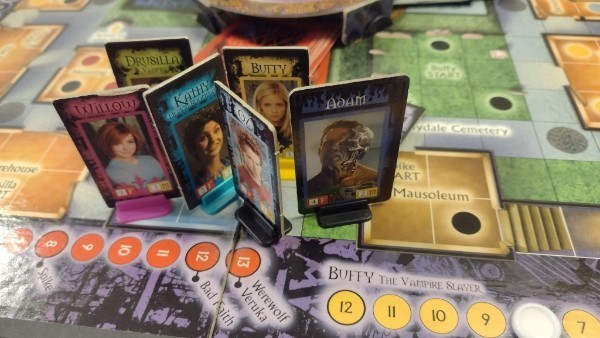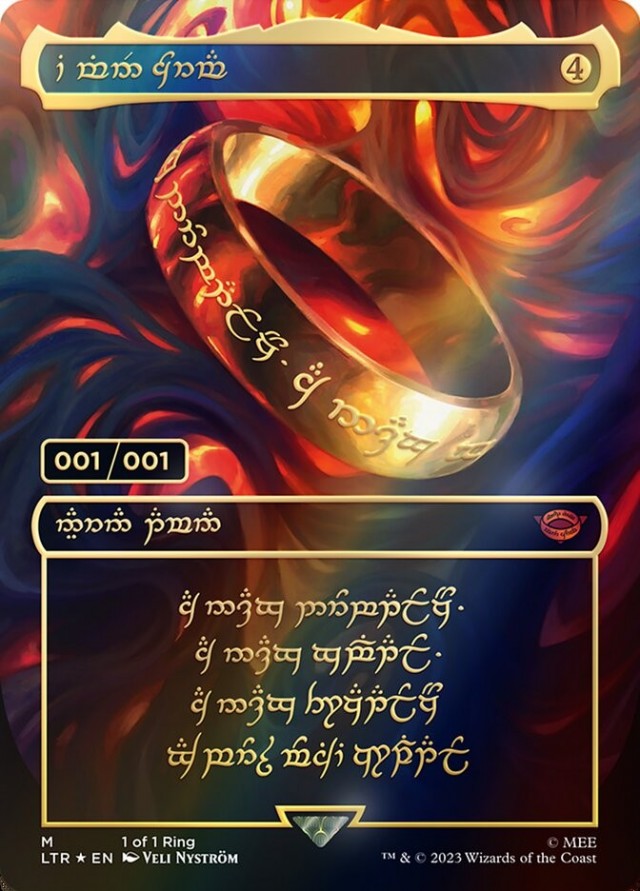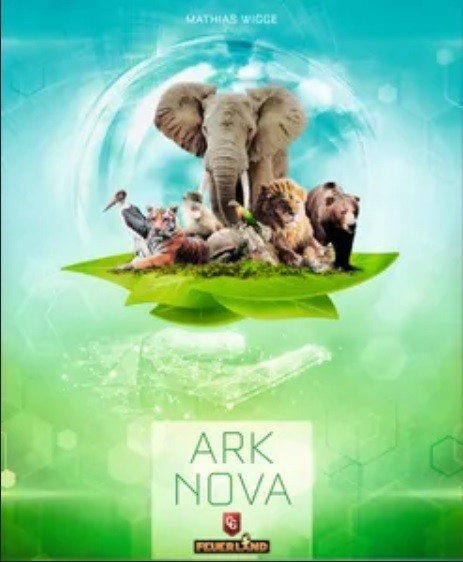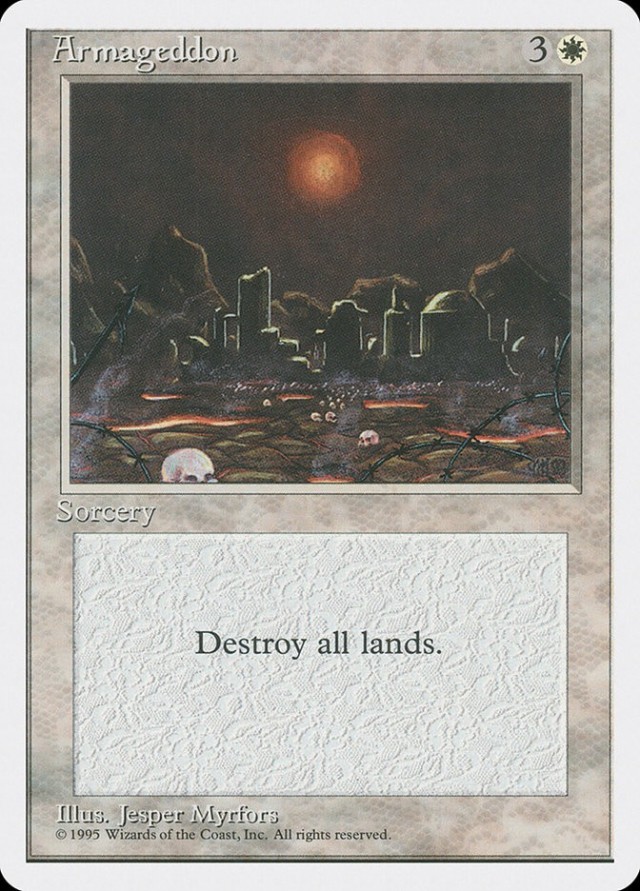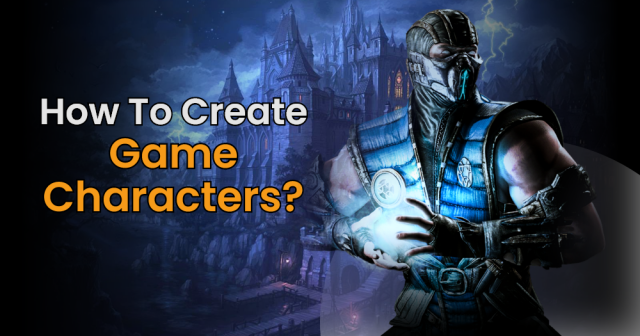Android, one of the last Fantasy Flight Games to come out on 2008 has generated a lot of conflicting opinions and discussion. In this review I want to analyze a few of the different aspects of the game, especially some that are usually misunderstood.
Theme
First, I want to talk about the theme of the game. It's been said that the game is a murder mystery where players control detectives who follow clues, talk to suspects, etc... This is not exactly true. Android's theme is really about collectively creating a murder mystery story set in a dark future world. This seemingly small difference is pretty important, because it gives sense to the actions you as a player will be taking during the game, which are not always about "just" controlling your character.
This takes me to the RPG aspect. Unlike in Arkham Horror (Another Kevin Wilson design) where players can get totally immersed in their characters and are limited in their actions to what their character can actually do at any given point, in Android, players take a step back and control the story through events happening around all the characters
This is a very important aspect, as you're not only controlling negative events that happen to other players in their turns, but positive events that happen to your character in your turn. These events would be out of the control of your character, but you as a player can decide when they happen to help your character. The conflicting nature of all these different events and the characters' actions is what generates the story and how it actually is resolved. So no, the game is not about deducing who the murderer is (like in Clue), but about creating a story where your character is the most successful overall. If anybody solves the murder, it'll be one of the characters, not one of the players.
And it's important to make that distinction very clear in this game, because else it can lead to misunderstandings and frustration. This is not a cyberpunk version of Arkham Horror, and it sure is no RPG-like board game. Once that is clear, you can then be more receptive to what the game really offers.
Take-that elements
This game has been criticized a lot for its so called "take that" element which some people view as too powerful. But I'd go as far as to say that the game doesn't really have a take that element at all. I'll explain:
First, thematically it makes sense that bad stuff happens to the characters (this is a cyberpunk-like dark future we're talking about here) and in this game, instead of leaving that aspect of the gameplay to a random game system, it's up to the players to implement it. Also, the really powerful ones are restricted and can only be played at specific times, limiting their power. For example Raymond's most powerful dark cards can only come into effect if he enters a nightlife location. If you're playing him and and decide to enter one anyway, then don't blame the "take that" aspect of the game.
Also, this aspect of the gameplay is regulated by the light/darkness scale, so you can't play any card just like that: As you play positive cards on your character they shift you towards the darkness but if you play negative cards on other characters, your character shifts back towards the light. If you don't have enough light points, you won't be able to play a powerful light card (unless you sacrifice other cards) and if you don't have enough darkness points, you won't be able to play a dark card on someone else.
This system does two things really well. First, it limits the number of powerful cards that you can play during each turn. Second, it encourages playing both light and darkness cards because you want to have as many light points as possible during your turn and as few as possible when it's not your turn.
As a player, you have to know that bad stuff will happen and plan around it accordingly. Know your character well so you can evade the worst cards and use the dark cards you have to always have enough light points so you can use your good cards on yourself. Actually, there's no malice in playing the dark cards. Usually you don't have the luxury of being able to choose which dark card to play and just take the opportunity when you get it (unless of course, you fill your hand with dark cards, but then you greatly limit the options for your own character so I don't think it's a wise choice).
In a way, the card system is more like a random event generator with brains. The way the game works, the events look pretty random, but are tailored to your character's actions somehow. This gives more sense to the story that develops for each character.
So basically, this element supports what I said first about the theme of the game. Here you have a lot of control over what's happening in the game world. Your card playing affects not only your character, but the people around your character and around other players' characters too. From this point of view, the connection between theme and mechanics is pretty clear.
Also, the card playing is very strategic. You have to know your character's strengths and weaknesses to take full advantage of their possibilities. You have a limited hand of cards and it's up to manage it well.
Plots
The plot system is something else players have to worry about during the game. Basically, each character is struggling with certain aspects of their lives and this shows in the quality of their work. Each plot is a short story that can develop in different ways depending on the player's actions. Each part of a plot concentrates on an aspect of the character, be it their personality, their life, people around them, etc... For example Floyd's "I already have a purpose" plot card is about him feeling he can't really change his life (he's an android after all). Each time you place evidence (so Floyd does his job investigating the murder) you advance towards a positive outcome. But every time you get distracted and play light cards on yourself, you drift from your objective towards a bad ending. Each plot card limits your actions in some way and/or gives opponents the chance to hinder your efforts. It's up to you to decide how much time and resources you want to spend to increase your chances of accomplishing a good ending (which is worth almost as much VPs as solving the murder).
This is the more RPG-like part of the game because it deals directly with your character's actions to solve the problems and conflicts in their lives. Some times plots limit the actions you can take, forcing you to keep a balance between different kinds of actions. Some other times they force you to spend resources to further your goals while other players can also spend them to hinder you, etc...
Also, the cards you play or get played on you affect your plots through the use of a clever keyword system, sometimes driving you towards or away from your goals. Basically, if a card has the same keyword as one of the outcomes of a plot, it will contribute towards that outcome (in addition to its regular effect). This is a nice addition that connects both mechanics in a way that the story emerging from the game play is more logical and makes more sense, as different types of events can affect each other.
Murder solving
The murder investigation is something else the characters can spend their time/resources on. Basically players move their characters to locations where there is evidence, and then randomly take an evidence token (with a positive or negative number), placing it face down on any suspect.
Each player starts the game with a guilty hunch and an innocent hunch (two suspects they think are guilty and innocent respectively). The goal of each player is for their character to be right. That's all.
The chances of your character being right will greatly increase the more time you spend gathering evidence, as then you as a player will have a greater effect on the overall evidence placed on the suspects.
There's also deduction element here because guessing the other player's hunches will increase the odds for you greatly as you can focus on proving their guilty hunches innocent or even placing hits on them. A suspect with 3 hits is dead, and scores no VPs for the character that had them as either of their hunches.
So, once again, the mechanics tie with the theme because this game is not about living the life of the character and solving the murder yourself. It's about creating a story between all the players (influencing all kinds of events around the characters) and trying to make your character be the most successful.
Storytelling
I said this is a game about creating a story between all the players. Don't be mistaken in thinking the only "story" is the one told in the plots, as the real story is the one that emerges by the actions of all the players together.
In most games I find flavor text to be irrelevant and don't bother reading it as there is usually no connection between the text and what really happens in the game. But here, how events affect you in game play terms usually makes pretty good sense within the story being told. This helps making the events look more realistic and gives a sense of coherence to the story that forms.
Unlike in games like Talisman or Runebound (where events are self contained and have no relation between each other, making the story just a series of disconnected chapters), in Android, everything that happens makes sense as a whole. The events relate to each other, even affecting each other. The fact that the players themselves decide what events actually happen gives a level of intelligence to the game system that is lacking in many other story telling or RPG-like board games. For example if a NPC (non playing character) is dead, you won't get any of the benefits they usually offer you (you won't be able to play cards that need them to be alive). This way, you'll never see a card played referencing a dead NPC (something that can perfectly happen in Runebound, for example).
Final Thoughts
Android is a game that is discovered slowly. The strategy tips for each character are a nice starting point that give some hints without spoiling much (and everyone about to play the game should read). Each time you play, you discover new ways to use the different characters to your advantage and their weaknesses too. Yes, you could just read all the plots and all the cards beforehand to gain that knowledge quickly, but that would remove part of the fun the game offers.
There are some games that can be mostly understood (not only rules-wise, but strategy-wise too) in one session of learning+playing. This is not such a game. If those are the only types of games you enjoy then stay away from this game. This game is complex enough that the first time playing it will be a bit painful with lots of rules referencing and some confusion about what you should be doing each turn. That's ok, because once you finish that first game, you'll start to understand what the game is really about. Then on future plays, it will be easier to figure out what to do with your character and how to form a winning strategy.
Also, the game is long, but not as long as some have been saying. The first thing you should do is play your first session with as few players as possible and have everyone read the rules in advance (they're freely available on FFG's web site). This will make for a more entertaining first learning session where players don't get frustrated and will be more willing to play again. Our first 2 player session lasted about 3.5h not including teaching my gf how to play. By the second play we had reduced that to 2-2.5h
So, if you have the game and didn't enjoy it. Think about it and maybe give it another chance. Attitude is important, but also, be sure to try it with just 2-3 players (especially if you thought the game was too long/dragged/etc...).
If you don't have the game and are considering it as a possible purchase then be warned this is not your typical euro. The game requires some dedication and commitment. But then the sessions start to take shape and stories to emerge. This is the kind of game that leaves you thinking about what happened for hours after it's finished. Each time you play a character you learn more about them, and also not only your choice of character is important for your strategy, but how different combinations of characters interact with each other. The replayability is very high because even when you've played enough to know all the plots from all the characters and the surprise element is gone, that knowledge of the characters makes the gameplay much more strategic and cutthroat. The game sure offers different levels of gameplay as your experience with it grows, and that's a good sign.
So if you do end up trying it, do so with an open mind and no unreal expectations and chances are you will enjoy it 
 Games
Games How to resolve AdBlock issue?
How to resolve AdBlock issue? 